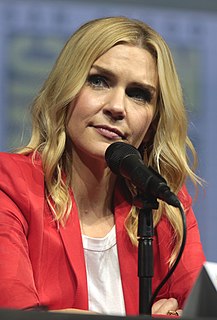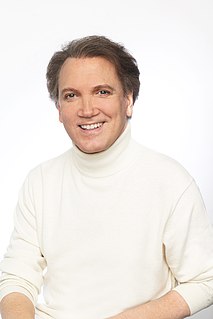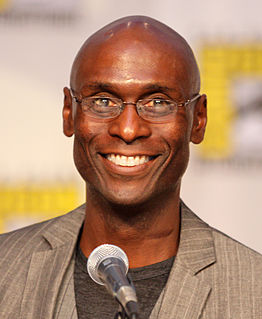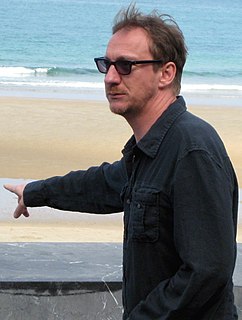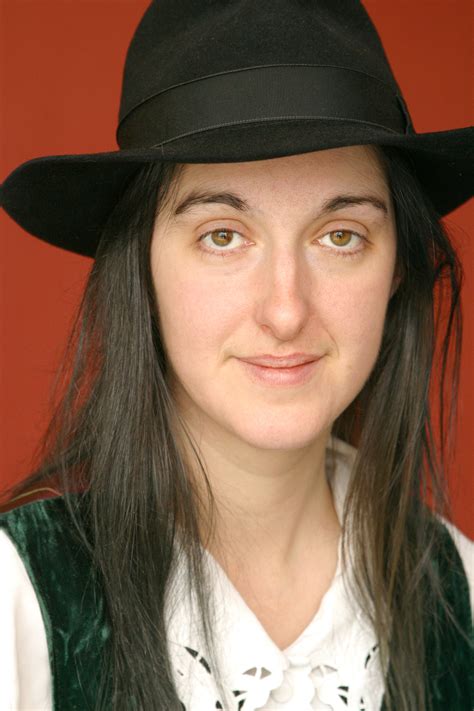A Quote by Rhea Seehorn
To choose to be silent in any scene sometimes has more notes in my script than when you chose to speak.
Related Quotes
With films, I just scribble a couple of notes for a scene. You don't have to do any writing at all, you just have your notes for the scene, which are written with the actors and the camera in mind. The actual script is a necessity for casting and budgeting, but the end product often doesn't bear much resemblance to the script--at least in my case.
I don't think that any scene [in Pineapple Express] is word for word how you'd find it in the script. Some of it was much more loose than others. The last scene with me, Danny [McBride] and James [Franko] in the diner - there was never even a script for that scene. Usually we write something, but for that scene we literally wrote nothing.
I took many notes, more than usual before I sat down and wrote Act One, Scene One. I had perhaps eighty pages of notes. . . . I was so prepared that the script seemed inevitable. It was almost all there. I could almost collate it from my notes. The story line, the rather tenuous plot we have, seemed to work out itself. It was a very helpful way to write, and it wasn't so scary. I wasn't starting with a completely blank page.
There are few of us, if any, who don't walk the refiner's fire of adversity and despair, sometimes known to others but for many quietly hidden and privately endured. Most of the heartache, pain, and suffering we would not choose today. But we did choose. We chose when we could see the complete plan. We chose when we had a clear vision of the Savior's rescue of us. And if our faith and understanding were as clear today as it was when we first made that choice, I believe we would choose again.
Notes are tricky in an audition, because I find, more often than not, my instinct is right. If they have a preconceived notion about the role and it goes against my instinct, unless it makes sense to me, it often throws off what I'm trying to do. Though sometimes they have an insight that I don't because they've been living with the script. I don't have one feeling or another about notes, but it is always a little bit of a red alert when I get one in an audition.
For me, I wish I loved every script that I read. Sometimes I'm more picky and choosy than I really should be because you would get more jobs as an actor! But you don't know what it is. Sometimes you read something and it could be a big part or a small part. It could be one scene and I'll read it and say: "Wow, I really like that and I really want to do that.".
I would always choose the script. You get more creative control that way. But, when you're in a situation like this, where everyone is really funny and you really want to do it, that's the chance of a lifetime, so you want to do it. But, a script has longer legs than a performance and, in the end, is more satisfying. It's harder, but it's more satisfying.
Truth is dangerous. It topples palaces and kills kings. It stirs gentle men to rage and bids them take up arms. It wakes old grievances and opens forgotten wounds. It is the mother of the sleepless night and the hag-ridden day. And yet there is one thing that is more dangerous than Truth. Those who would silence Truth’s voice are more destructive by far. It is most perilous to be a speaker of Truth. Sometimes one must choose to be silent, or be silenced. But if a truth cannot be spoken, it must at least be known. Even if you dare not speak truth to others, never lie to yourself.
